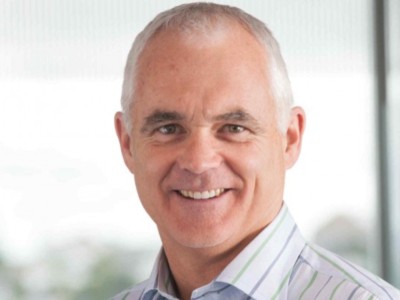Uncertainty rules in New Zealand broadband pricing row

Internet service providers and industry groups are lamenting yet another draft wholesale broadband price ruling by the Commerce Commission, saying that it has added further uncertainty to the market.
The regulator released draft decisions for consultation this morning, setting proposed wholesale prices that network operator Chorus can charge for its local copper lines and broadband service.

The Commerce Commission set a price of NZ$28.22 a month for its unbundled copper local loop (UCLL), up from the NZ$23.52 set through international benchmarking at the end of 2012.
Chorus' unbundled bitstream access (UBA) service was set at NZ$10.17 a month, a small decrease from the NZ$10.92 set at the end of 2013.
In total, the wholesale price for the UBA service will therefore be NZ$38.39 a month, compared to $34.44, which was a massive price cut from the $44.98 a month that Chorus has been able to charge for the past few years.
Chorus' share price has taken a battering for months since the 2012 and 2013 prices were set. However, the market reacted positively to the prospect of some price relief, sending the company's shares as high as NZ$2.52 this morning from an opening of NZ$2.14.
Others were not so happy.
Major retailer Spark said it is undertaking an urgent review of broadband and fixed voice customer pricing following the announcement.
"Today's announcement is unexpected and we are now facing costs approximately NZ$60 million a year higher than we previously anticipated. These higher costs will affect all our fixed services, not just broadband services," managing director Simon Moutter commented.
Industry group InternetNZ said it was displeased that the announcement didn't provide certainty for the industry, and disappointed the price was higher than those set in 2012 and 2013.
In a statement, InternetNZ chief executive Jordan Carter focused on the commission's refusal to take a position on backdating.
"We've had a legal opinion that suggests that backdating should not be put in place," he said. "We don't understand why the Commerce Commission didn't take the opportunity to provide certainty when that is what every part of the industry has called out for."
Carter said the commission has released a "stack of documentation" and asked organisations to digest that and make comment in a very short time frame.
"We're grateful that the commission says that it will consider requests for extensions, and we hope that isn't an idle offer," he said.
"From our perspective, it's important that we get this process right, not rushed."
Spark's Moutter said the retailer had been anticipating a NZ$10 reduction in broadband costs for the past two years, and that has been reflected in its pricing.
"But what we didn't expect was a NZ$5 increase in the cost for a residential or business line – for both broadband and standalone voice services. All of this comes on top of recently implemented increases in Chorus connection charges for broadband services."
Moutter said intense competition meant the anticipated reduction in wholesale broadband charges had already flowed through into retail broadband prices.
"Given today's decision, we feel we have no choice but to undertake an urgent review of our current pricing across both voice and broadband plans."
Moutter echoed InternetNZ's concern, saying with the possibility of backdating any increase to December 1, 2014, there is considerable uncertainty about when the new charges will take effect.
"This means we will need to take a conservative view now to hedge against any financial exposure from the final decision."
Moutter said he is not criticising the regulator, but that the announcement highlighted the challenges retail broadband providers face with a shifting outlook for their underlying costs.
"We led an initiative seeking an agreed industry solution for wholesale broadband charges, and we also welcomed the government's attempt to provide this certainty through legislation," he said.
Neither has come to pass, and pricing has been guided by the prices the commission set in 2012 and 2013.